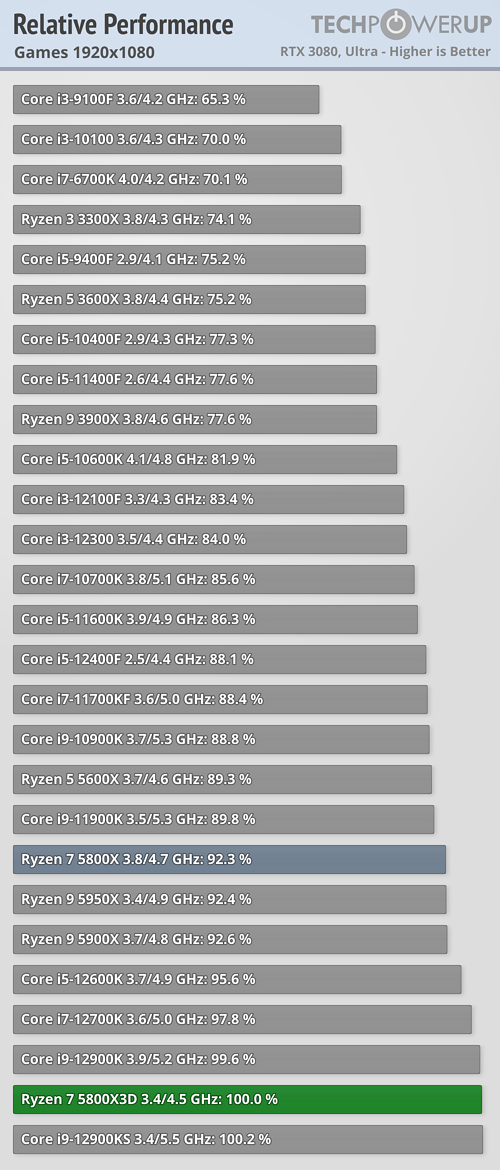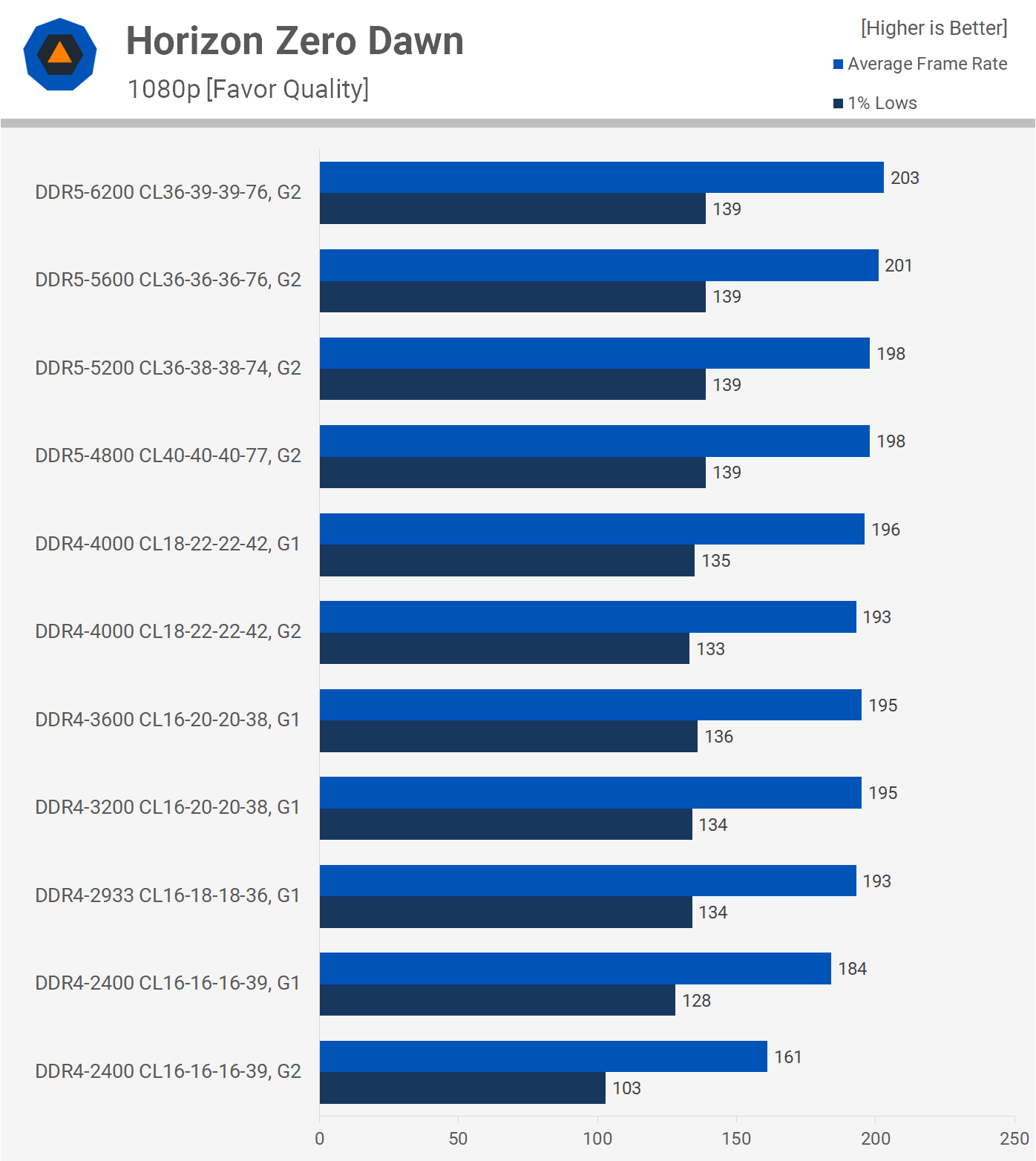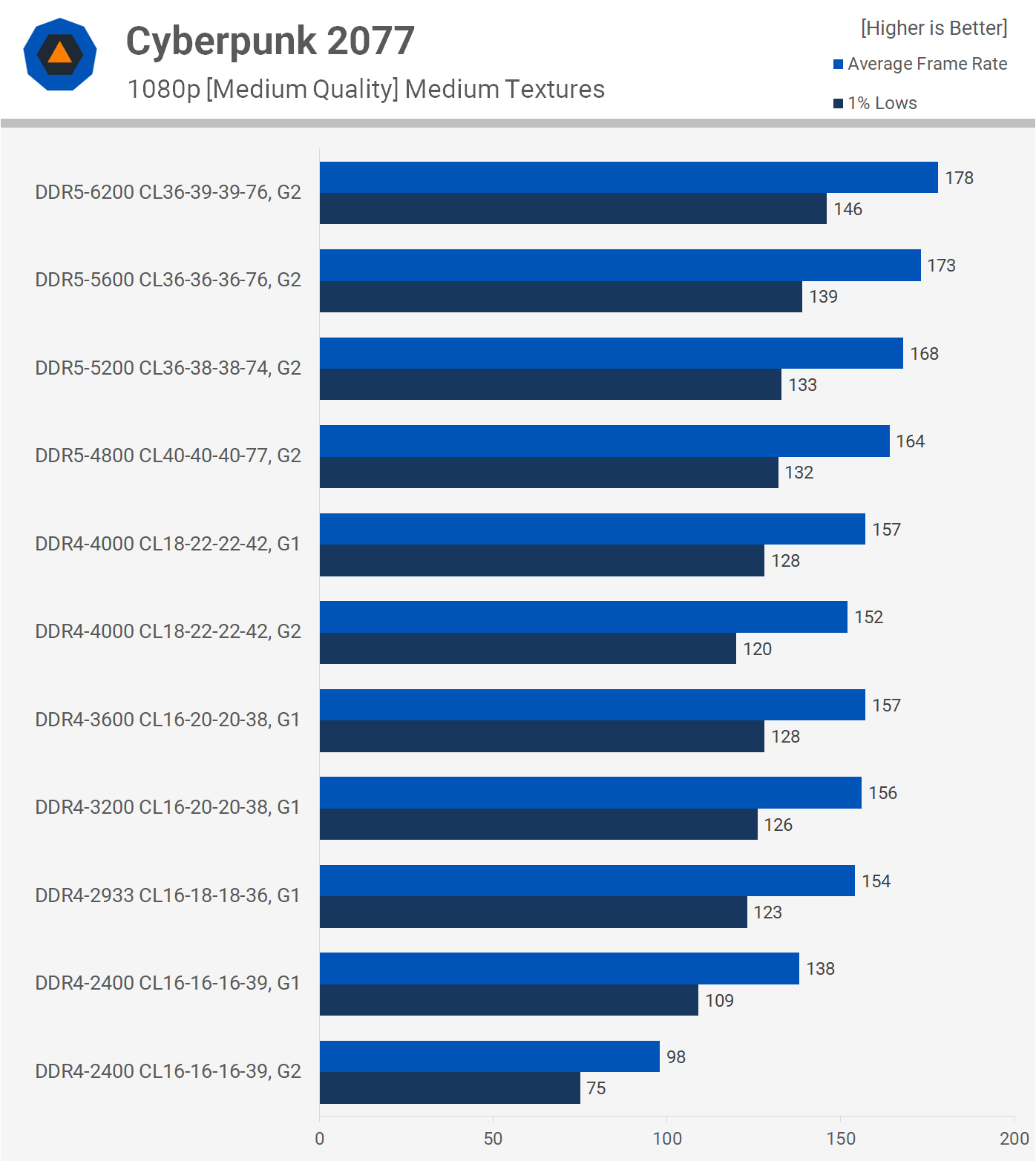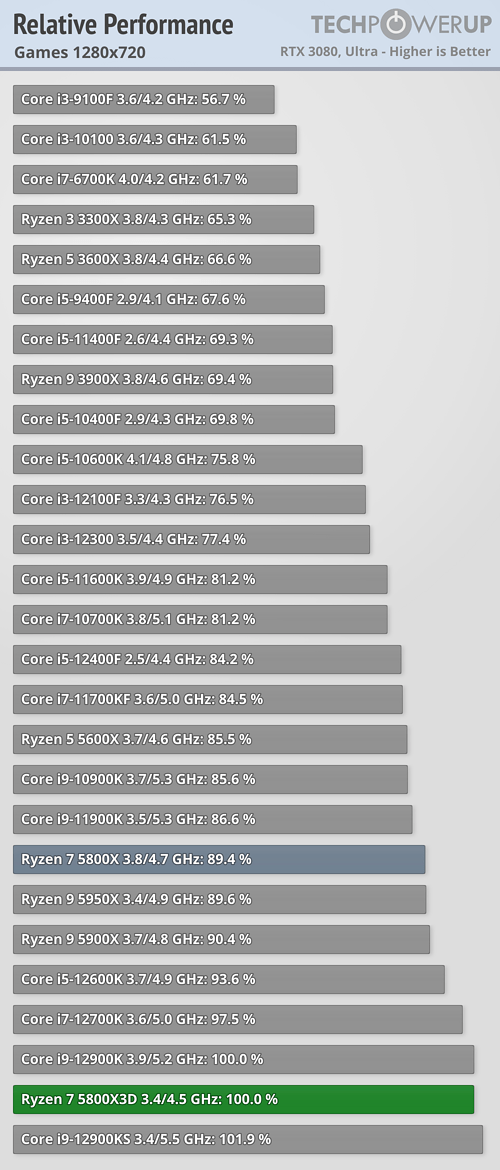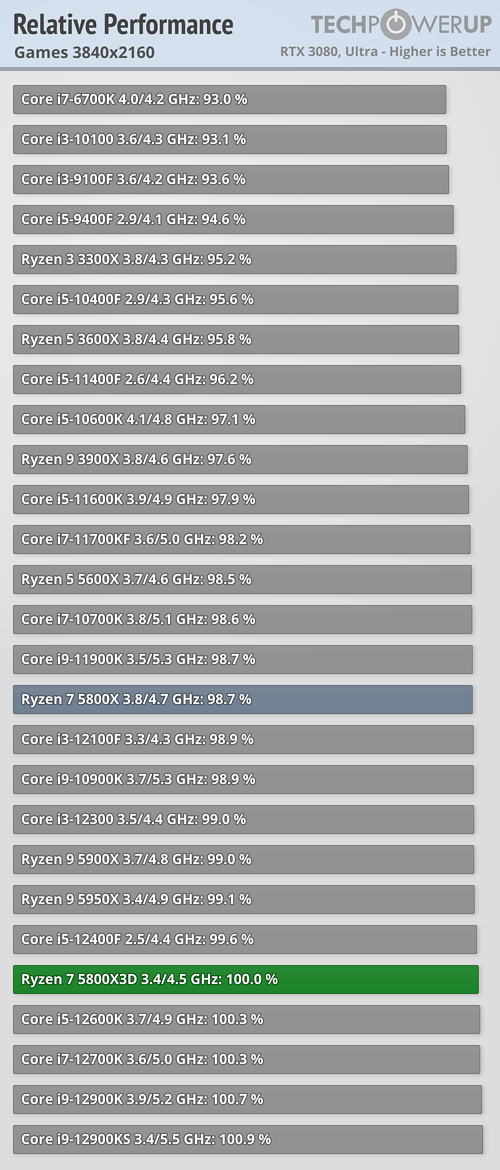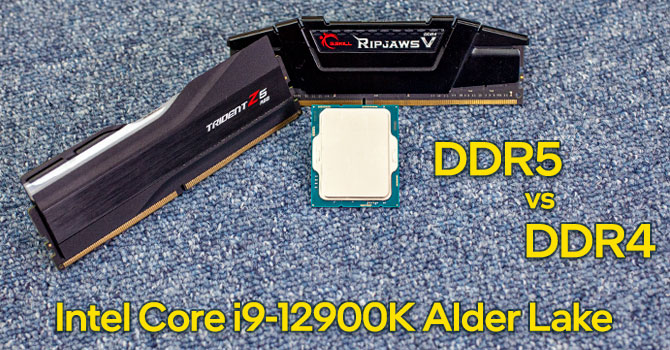You are saying that the lack of overclocking is the reason why single scores in passmark are low.Yes, there are going to be some poor Passmark submissions for every processor, including every Alder Lake CPU. As I have mentioned before, when I build systems I try to choose the best performing components to try to create a highly performant balanced system. The results of that effort are usually a system that not only performs measurably better in the applications I run but also scores much higher than the average score in Passmark for a given CPU. So I believe there can be a good performance correlation between applications and some synthetic benchmarks.
I believe one reason the 5800X3D has not scored as well is that it cannot be easily overclocked. Many of the online articles on 5800X3D performance were done with stock CPU settings, yet I believe many Passmark submissions were done with overclocked, optimized systems, thus better representing what you can expect with optimal system components. And not all online sites evaluating the 5300X3D show a 7% performance difference between 5800X and 5800X3D in single-thread performance. For example, if you scroll down to the Cinebench R23 single-core test at this link, there is a 12% difference when running stock. The gap would be wider if the 5800X was overclocked. And if you do the math, it shows the 12900ks is 53% faster (2141 vs 1398), which is close to what the Passmark single-thread reports.
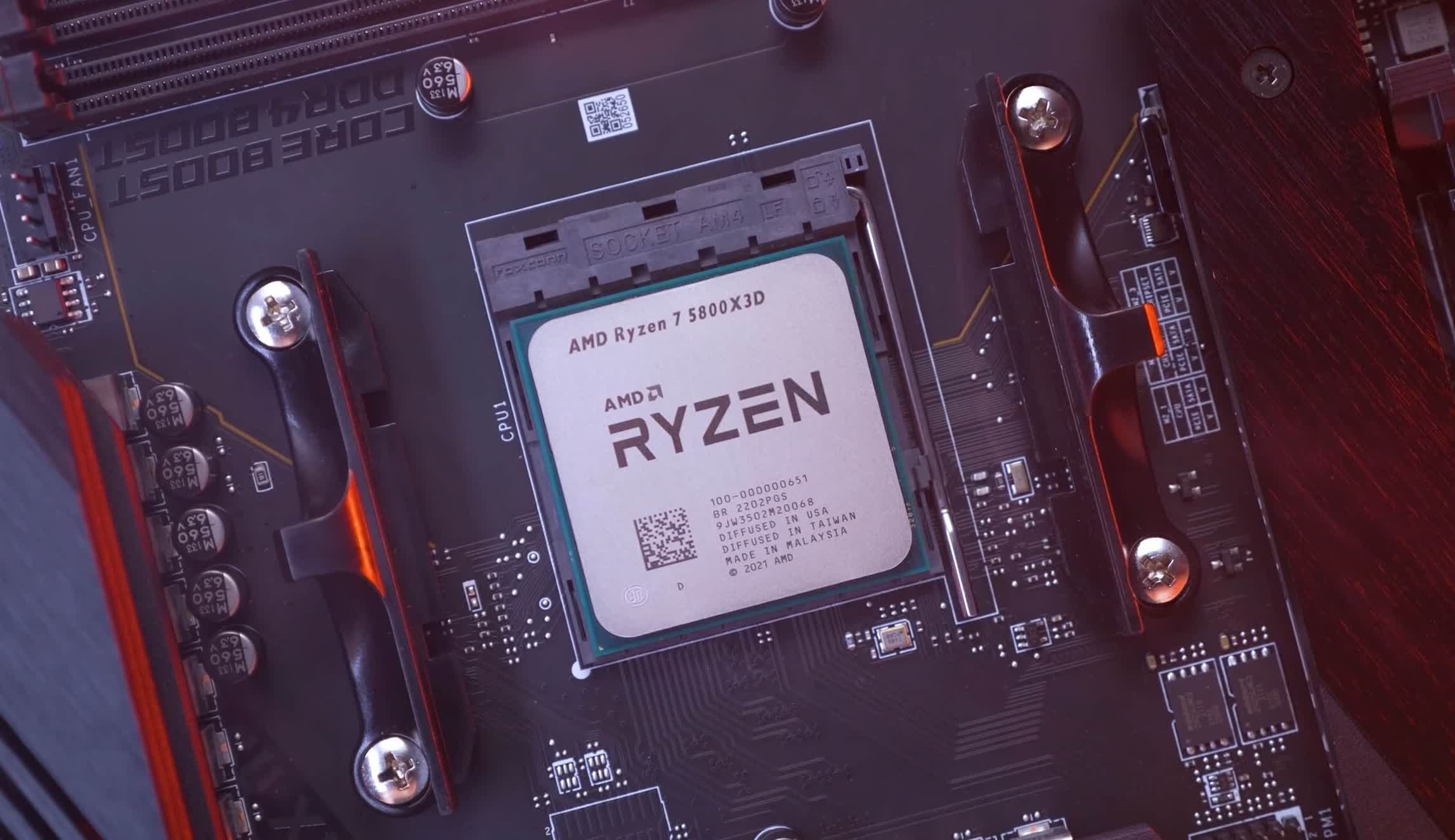
AMD Ryzen 7 5800X3D Review: Gaming-First CPU
Making CPU cores faster rather than adding more cores is the best way to boost PC gaming performance. That's why AMD has supercharged their 8-core, 16-thread CPU...www.techspot.com
Not quite sure why you are so fixated about lack of overclocking with the 5800X3D and also obsession with passmark? Benchmarks are way to measure system performance but at the end of the day, some have more credibility than others!
Overclock setups and 5800X3D cpus will vary in performance !
The standard 5800X doesnt overclock that well (its already cranked pretty hard from factory) and for gaming a lot of the time it hurts performance. Can boost apps ok at times but the improvement is still not massive.
Most reviewers would agree that from their testing they have found that the Ryzen 5800X3D is marginally slower in single thread and multithreaded apps and faster in quite a few games . Some quite a bit and some negligible!

